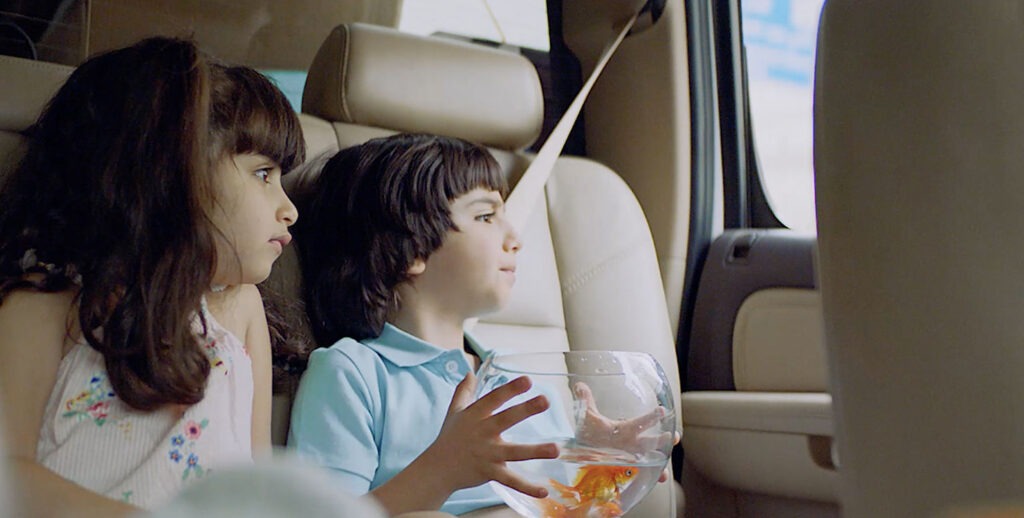
Medium close-up shots are commonly used among directors. However, it does take a lot of practice to understand how to use them appropriately. In this blog; we will look at the medium close-up shot, and what makes it so special amongst the directors. Medium close-up shots are used just as commonly as close-up shots and medium shots.
What is a medium close-up shot?
A medium close-up shot is a shot in which the subject is framed from just above their head until the middle of their torso. Simply put, this shot is halfway between a medium and close-up shot.
Medium close up shots include a character from the shoulders/chest area up to the top of the head; this shot is tighter than a medium shot, but slightly wider than a close up (as with all shots that use the human body for reference, the cutoffs between them are not strictly defined). – Gustavo Mercado, The Filmmaker’s Eye.
It enables the viewer to see the subject’s face more clearly without getting extremely close. The medium close-up shot is used to help the audience register the subject’s emotions and facial expressions while also showcasing the background.
Medium close-ups are commonly used in scenes for standard coverage that don’t shock the viewer. Very often, these shots are used when a scene requires a ‘neutral’ narrative approach.
Some well-renowned directors use the medium close up shot for coverage in their scenes, and usually, they do this to conserve cinematic energy. This is also because when the majority of the scenes are shot in a medium close-up, the effectiveness of a close-up shot is maintained. And when finally used, the close-up shot has a clear effect on the audience. With this filming hack in place, the director has the ability (and option) to emphasize certain portions of the scene.
Like the close up, the medium close up showcases the face of a subject, letting audiences see small nuances of behavior and emotion while eliciting a higher degree of identification and empathy; the slightly wider framing also lets body language convey meaning by the inclusion of a character’s shoulders. This shot is generally taken with a short camera to subject distance, resulting in a shallow depth of field that blurs the background to a degree … – Gustavo Mercado, The Filmmaker’s Eye.
Similar to other shots in which the director is able to include a background and a character within the same frame, the MCU also lets the director add drama, symbols or expository content in the background. Since only a tiny portion of it is visible in the background, the audience can create a direct and stronger connection with the characters than in comparison to other shots where there are more visual elements.
A 75mm focal length generally works just about right for a medium close-up shot. At this subject distance, the background softens, because of loss of focus to it. To make this simpler, have you ever noticed how news broadcasters on your average news channels like CNN or BBC are always shot as medium close up shots? This shot is commonly used by interviewers when the subject is discussing an important point that requires emphasis.
When you’re trying to create a director’s breakdown and working on your shot lists, make sure you can determine moments in your next production where the medium close-up is most effective. At Cinemagic, not only do we take our productions very seriously, but we also continuously empower the youth and young film-makers to try out new things. As you can see, the medium close-up shot has many diverse uses. So make sure you add it to your shot list today!
